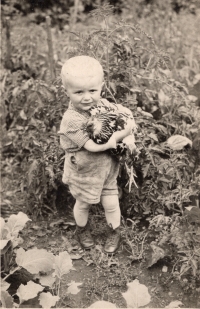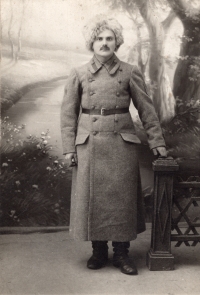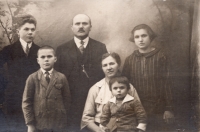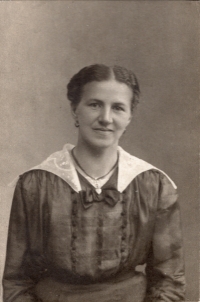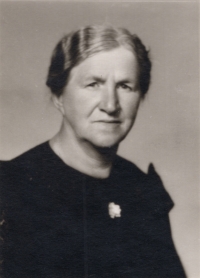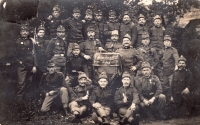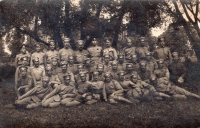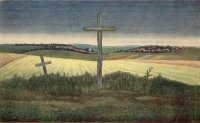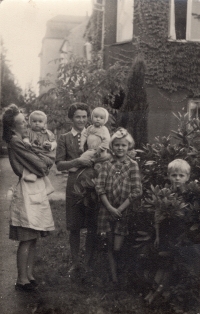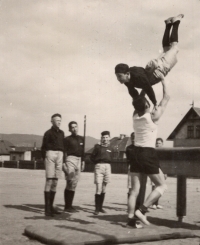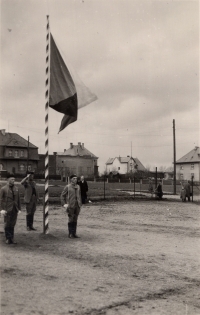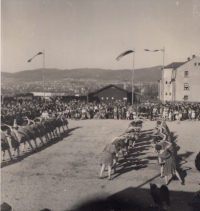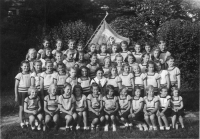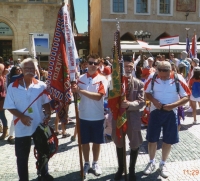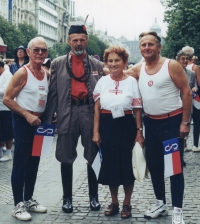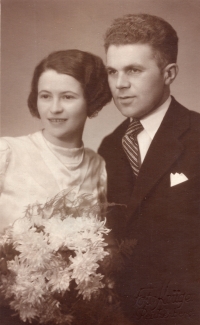Occupation, Liberec, day one. And suddenly they said on the radio that Jindra had been shot

Stáhnout obrázek
Milan Štryncl was born on August 30, 1938 in Liberec. Since both his father and his grandfather were important Sokol officials and his grandfather was also a legionnaire, the family decided to leave the troubled borderlands after the announcement of the Munich Agreement and take refuge at their relatives in Mnichovo Hradiště. There they lived through the entire war, including its dramatic end, when Milan Štryncl witnessed the death marches. In August 1945, the Štryncls returned to Liberec and the grandfather Martin Štryncl restored the local Sokol. Little Milan, on the other hand, was more fascinated by the surrounding hills and became a passionate skier. After completing the elementary school, he went to Teplice, where he learned to be a precision gauge toolmaker. In 1957, he entered basic military service as a radio operator at the air defense in Zvolen and after its completion he worked as a developer. In addition, he was actively involved in sports, played volleyball, trained juniors and liked to ski. In August 1968, he witnessed the dramatic invasion of Warsaw Pact troops into Liberec. Occupation troops killed his friend Jindřich Kuliš near the Liberec town hall. After the fall of the communist regime in 1989, the witness decided to restore the Sokol in Liberec-Františkov and is still an active member. In 2022 he lived in Liberec.
